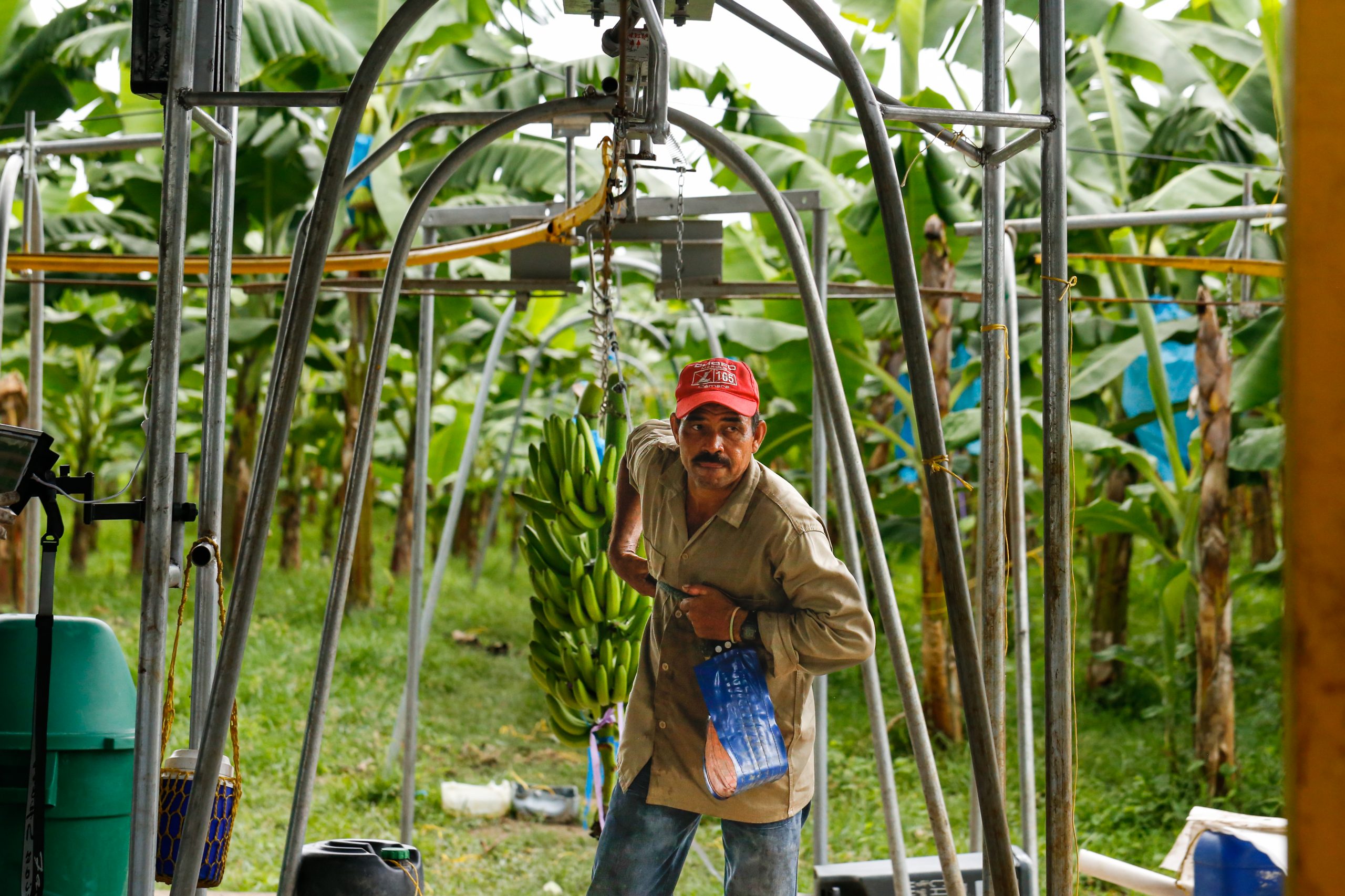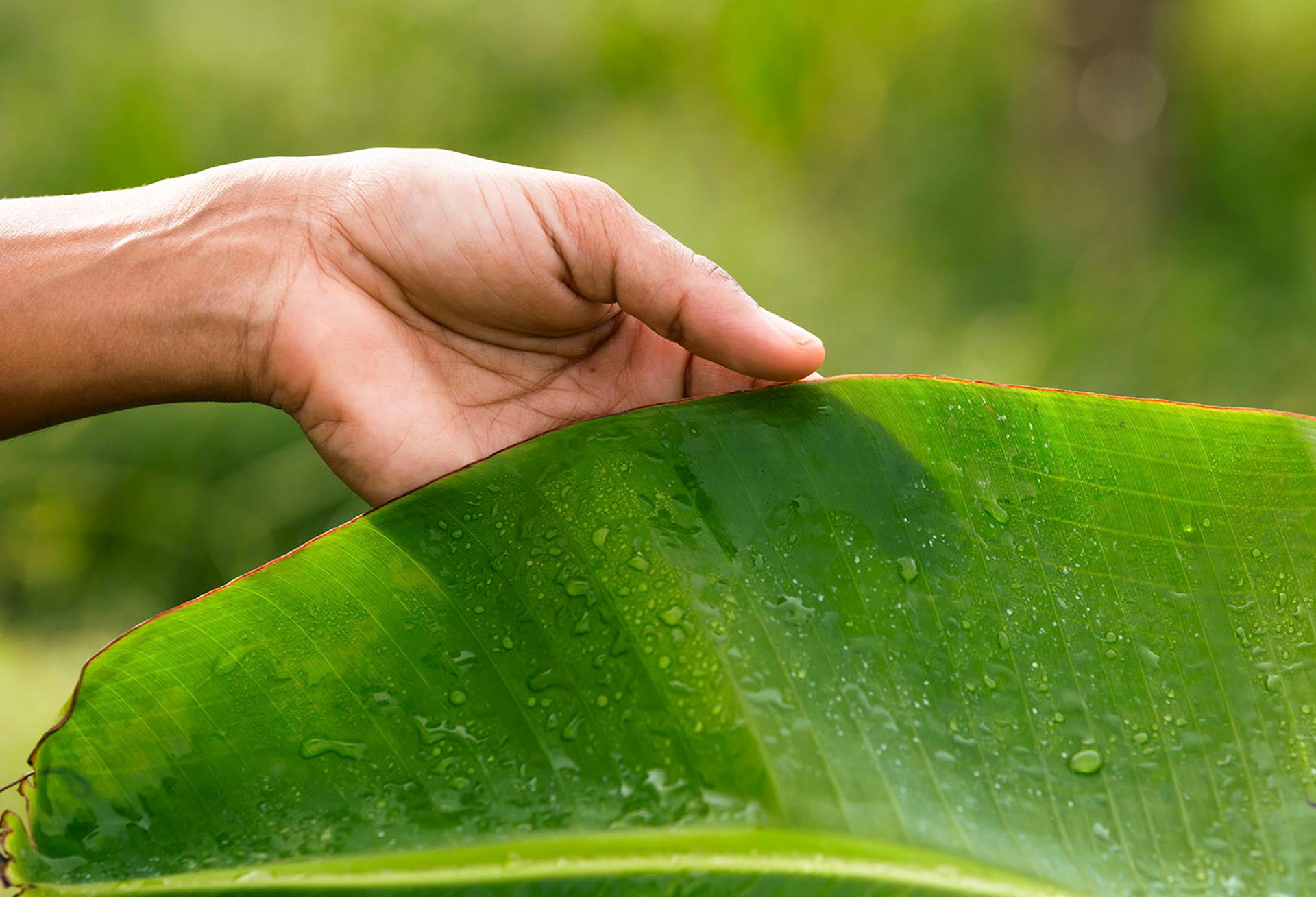Article

The Growing Need for More Sustainable Rice Production
Rice is one of the largest grain crops, feeding nearly half the world’s population and accounting for over 20% of global calorie intake.
Despite its widespread cultivation, with the biggest producers being China, India and Indonesia, production has peaked in recent years and this staple crop is facing more challenges than ever. With a rapidly growing global population, the race is on to increase yields and productivity. Being labelled as the crop with the highest emissions, requiring copious amounts of land and water to produce, second only to beef and dairy in agricultural production. It’s critical for us to improve the sustainability of rice cultivation in the wake of global climate change and environmental impact.
The quest for increased yields by traditional breeding has been an ongoing concern for most crops. For rice, this is a particularly pressing concern given its environmental impact. In light of the challenges faced by the rice industry, we specialise in using a new breeding technique known as gene-editing to develop rice varieties with increased yields so that more rice can be produced from a given amount of land, effectively reducing carbon emissions. We also use gene-editing to develop rice varieties with enhanced disease and pest resistance so that growers are protected against yield losses amid the increased disease pressures that arise from climate change.


Image of Tropic’s elite rice growing in the greenhouse
Climate Change Drastically Affects Rice Cultivation and Supply, Driving Significant Price Increases
This past year saw unprecedented drought conditions in many production countries including India, the world’s largest exporter, which subsequently banned exports influencing soaring prices across the globe. As a result, rice prices have reached a 12-year record high.


Source: FAO all rice price index, between 2000 - 2020
Right now, the challenges this crop faces are greater than ever as changes in climate result not only in more frequent droughts but also increased prevalence of disease.
The rise of diseases such as Rice Blast, Bacterial Leaf Blight, and Sheath Blight cause significant yield losses each year at an increasingly alarming rate — in recent years Rice Blast has been responsible for majority yield losses in some geographies.
Recognising that traditional rice breeding is slow to adapt to the changes in climate and resources, the deployment of gene-editing solutions has become ever more critical to sustain rice production in a world where rice cultivation is becoming increasingly more challenging.
Tropic Addresses Disease Resistance and Sustainability Through its Cutting-Edge Gene-Editing Solutions
In response to these challenges, Tropic is developing enhanced crop traits such as increased yield and improved disease resistance through precise gene-editing of elite rice varieties, bolstering resilience to environmental stressors.
The most important disease facing rice growers is Rice Blast, a devastating fungal pathogen impacting cultivation globally. Tropic is advancing a program of new gene-edited varieties with improved resistance against this disease.
To achieve robust and durable resistance required for more sustainable production, we employ our proprietary Gene-Editing induced Gene Silencing (GEiGS®) technology platform, which combines minimal, precise gene-editing with a naturally occurring defence mechanism called gene silencing or RNA interference (‘RNAi’).
To date, we have developed several lines of rice which actively cause gene silencing of the Blast fungus and in turn display very high levels of disease resistance. Our results provide an important advancement in the development of improved Blast Resistance in rice, with a promising outlook to both increase resistance to this disease and the yield and Susceptible plants.


Susceptible plants: grey sporulation spots (blue circles); Resistant plants dark spots – cell (green circles)
In addition to the increased disease pressures that growers are facing as a result of climate change, increasing temperatures also threaten yields. It is reported that an increase of just 1 degree Celsius reduces yield by 8%.
Angela Chaparro, Head of Rice Biotechnology, said: “I’m thrilled to lead our team on our Increased Yield program, which also uses our GEiGS® technology to enable enhanced productivity from diverse rice varieties. Our work will ultimately support small-scale farmers who are disproportionately affected by the dual challenges of climate change and economic instability.”
We’re excited to make agriculture more productive and sustainable, unlocking brighter futures for growers who need it the most.
To learn more about our rice programs, visit https://tropic.bio/rice/.




